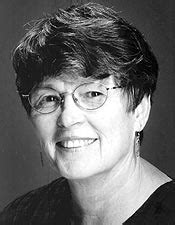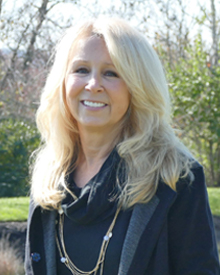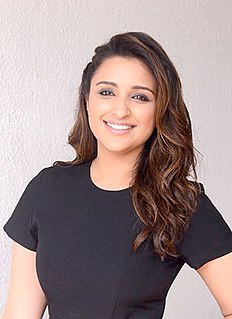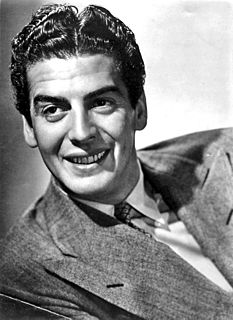A Quote by Judith Guest
...let the emotional weight of a scene rest on the dialogue wherever possible. This is the easy way to avoid overinterpretation, which seems to be what turns a scene from sympathetic to sentimental.
Related Quotes
have a much harder time writing stories than novels. I need the expansiveness of a novel and the propulsive energy it provides. When I think about scene - and when I teach scene writing - I'm thinking about questions. What questions are raised by a scene? What questions are answered? What questions persist from scene to scene to scene?
Though narrative cohesion isn't the strength of 'Mean Girls,' which works better from scene to scene than as a whole, the intelligence shines in its understanding of contradictions, keeping a comic distance from the emotional investment of teenagers that defined 'Ridgemont High' and later the adolescent angst movies of John Hughes.






































